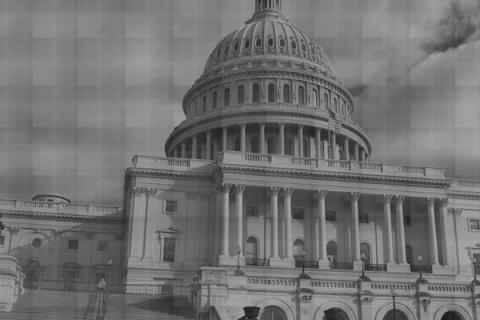The race for Senate District 39 will be among the most contested legislative races this year as Democrats and Republicans struggle to maintain and pickup seats. Democrats, led by Senate President pro Tem Darrell Steinberg, are extremely close to achieving a two-thirds supermajority in California’s upper house- the margin required to effectively raise taxes and place measures on the ballot.
Up until former Republican Assembly Leader George Plescia entered the race in March, many had assumed the district would go blue- bringing Democrats one step closer to the magic number.
This newly drawn California State Senate seat encompasses the core of San Diego proper, including Coronado, and several conservative coastal communities before stretching northeast to include suburbs south of Escondido.
Plescia will be facing off against Democratic State Assemblyman Marty Block and CPA Patrick Marsh, fellow Democrat and political newcomer, this June. Both Assemblyman Marty Block and Plescia have represented parts of the district as members of the State Assembly.
Independents are a hallmark of the district. SD 39 has one of the largest contingents of “No Party Preference” voters in the state, coming in at over 26% of the electorate. Candidates of both parties will need to appeal early on to this important voting bloc not only running up to June's primary contest but forward, as nonpartisans will cast the deciding vote in November’s runoff. Redistricting has narrowed the voter registration advantage of Democrats to under eight percentage points.
Block, who received the official endorsement of the CA Democratic Party, is favored to make it through to the general in November. A longtime educator and current Chair of the Assembly Committee on Higher Education, he will be in a good position to highlight one of his strengths as SD 39 happens to include most of San Diego's major higher education institutions. Among his top legislative priorities: education, public safety, providing affordable healthcare, and growing the region's economy.
Plescia, who has long cultivated a centrist image, appears to be a candidate that can draw considerable support from voters across the political spectrum. His tenure as an assembly member and Republican leader provides a proven track record on several issues that will resonate well in this election cycle: job creation and a willingness to work across the aisle. During his time as Assembly Republican Leader, Plescia helped to negotiate what was one of the first on-time state budgets passed in years-a point worthy of merit.
When asked about campaigning under California’s new top two primary system, both Block and Plescia responded with confidence.
"I like the top two system, because it gets more people involved in the process- it's better for democracy," stated Block. "It tends to force the extremes to look toward the middle- what's good for everybody."
“I don’t think compromise is a dirty word, and I’ve always shown a willingness to roll up my sleeves and try to work toward solutions,” said Plescia.
An open and honest dialogue with voters will be crucial to all candidates in this race, as each seeks to identify himself as the clear independent choice.

